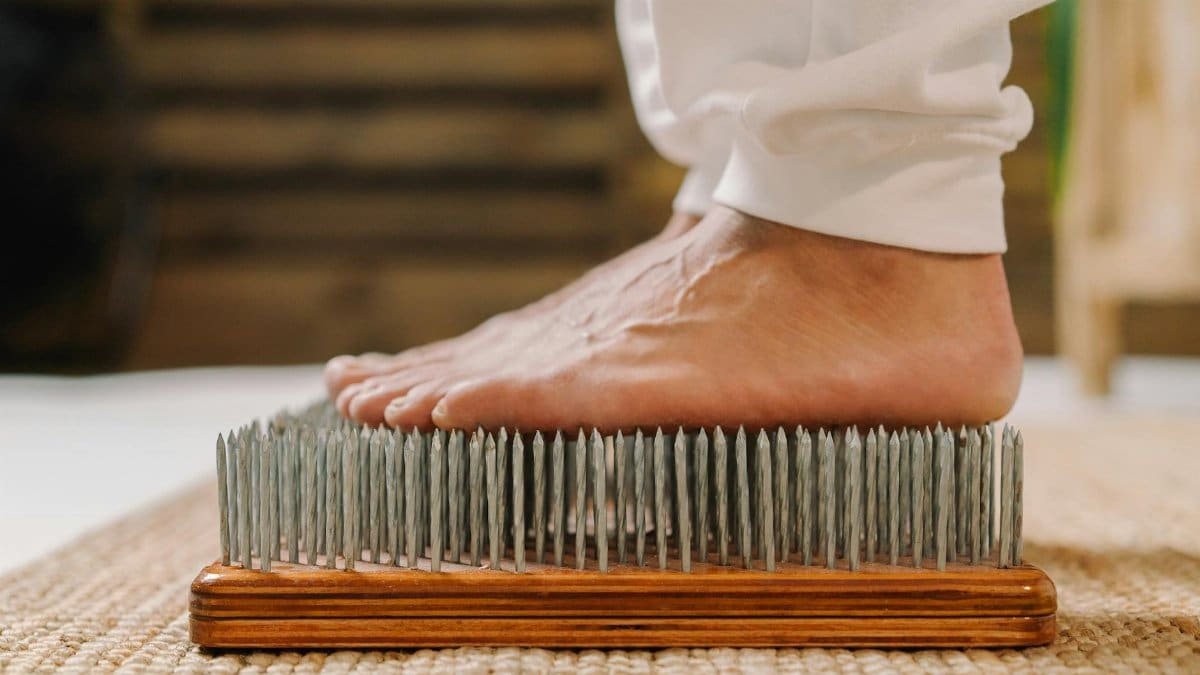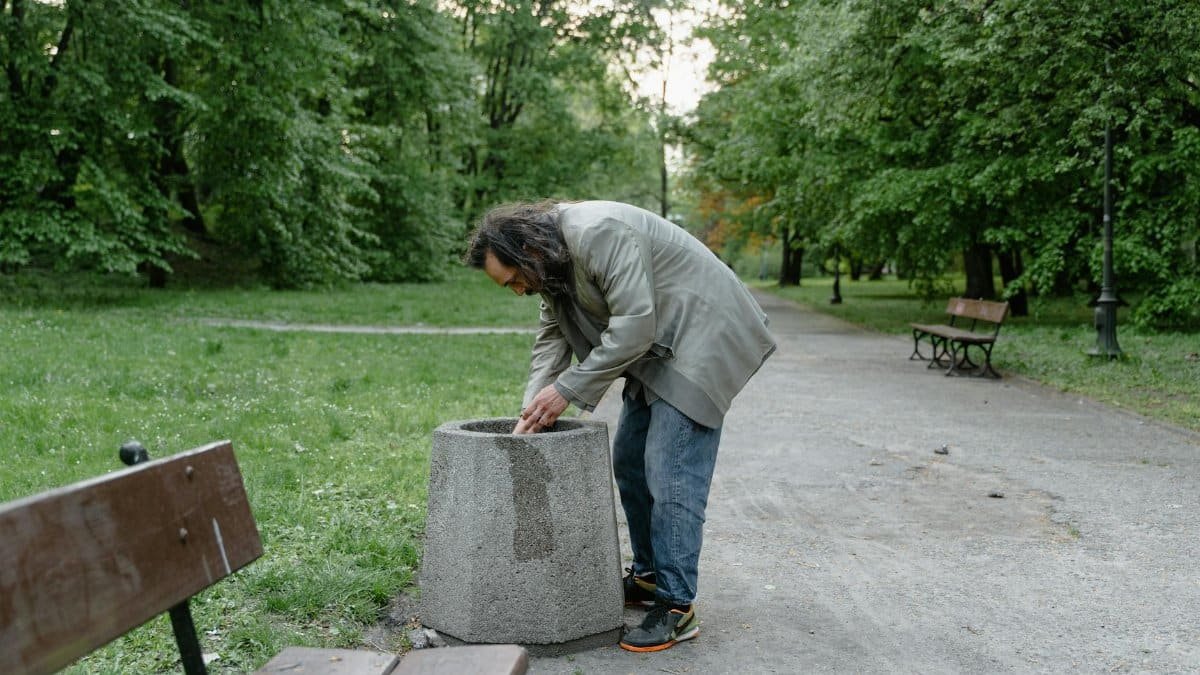In the relentless grind of America’s productivity obsession, millions are burning out faster than ever. Is this non-stop hustle really worth the emotional wreckage it’s causing? New data reveals a startling truth: over 40% of U.S. workers report chronic stress leading to mental health declines, according to recent surveys. Enter mind-body healing, a growing movement that’s challenging the status quo by reconnecting thoughts, emotions, and physical well-being to mend what’s broken. As we head into 2025, experts say it’s not just a trend—it’s a necessity for survival in a high-pressure world.
The Hidden Costs of Hustle Culture

Productivity culture promises success, but at what price? In the U.S., where workweeks often stretch beyond 40 hours, people are paying with their health. Chronic fatigue, anxiety, and even physical ailments like hypertension are rampant. A study from the American Psychological Association highlights that workplace stress costs the economy $500 billion annually in lost productivity and healthcare. It’s a vicious cycle: push harder, break down, repeat. This isn’t sustainable, and it’s eroding the human spirit one deadline at a time.
How Mind-Body Healing Fights Back

Mind-body healing isn’t some woo-woo fad; it’s grounded in science. Techniques like meditation, yoga, and biofeedback link mental states to physical responses, reducing stress hormones like cortisol. Practitioners report lower blood pressure and improved mood. The National Institutes of Health has funded research showing these methods can alleviate symptoms of depression and chronic pain. By addressing the root—how thoughts influence the body—it’s a direct counter to productivity’s relentless demands.
Real Stories from the Front Lines

Take Lisa M., a New York tech executive who hit rock bottom after years of 80-hour weeks. “I was a machine until I wasn’t,” she says. Turning to mind-body healing through guided mindfulness, she reclaimed her energy. Her experience echoes thousands: a 2024 survey by Gallup found 23% of employees using similar practices to combat burnout. These anecdotes aren’t isolated; they’re a wake-up call for a workforce on the brink.
The Science Behind the Shift

What’s the evidence? Plenty. Harvard Medical School’s studies on mindfulness-based stress reduction show participants experience significant drops in anxiety levels after just eight weeks. Linked to better immune function and sleep, these findings challenge the old-school grind mentality. In 2025, with remote work blurring boundaries, experts predict a surge in adoption. It’s not about working less—it’s about working smarter, with a healed mind and body in sync.
Challenges in Adopting Healing Practices

Not everyone buys in easily. Skeptics dismiss mind-body healing as pseudoscience, while busy schedules make consistency tough. Time constraints are a big barrier; who has hours for yoga amid back-to-back meetings? Cultural stigma in corporate America adds friction—admitting you need a break can feel like weakness. Yet, overcoming these hurdles starts with small steps, like five-minute breathing exercises, proving it’s accessible even for the overworked.
Practical Ways to Integrate Healing

Getting started doesn’t require a retreat. Begin with apps like Headspace for quick meditations. Incorporate walking mindfulness during lunch breaks. Companies are catching on too—Google offers on-site yoga classes. A report from the CDC’s Workplace Health Promotion emphasizes integrating such practices to boost employee well-being. Tailor it to your life: pair it with journaling to process work stress effectively.
Impact on Mental Health Trends

As productivity culture intensifies, mental health crises spike. The World Health Organization notes depression as a leading cause of disability worldwide, exacerbated by work demands. Mind-body healing offers relief, with techniques proven to rewire neural pathways for resilience. In the U.S., therapy combined with these methods is gaining traction, especially post-pandemic. Data from Pew Research Center on Mental Health Trends shows rising awareness, signaling a cultural pivot toward holistic recovery.
Corporate America’s Slow Awakening

Big firms are starting to listen. Wellness programs now include mind-body elements, from Microsoft’s mindfulness training to wellness stipends at startups. But it’s uneven—many still prioritize output over health. Advocates push for policy changes, like mandatory mental health days. As 2025 unfolds, expect more lawsuits and union demands highlighting burnout, forcing a reckoning. Healing isn’t optional; it’s essential for retaining talent in a competitive job market.
Long-Term Benefits for Society

Beyond individuals, mind-body healing could reshape society. Reduced healthcare costs, higher productivity through better focus, and stronger communities from empathetic workers. Imagine a world where spirit isn’t sacrificed for success. Experts from Johns Hopkins University forecast that widespread adoption could cut national stress levels by 20% in the next decade. It’s a bold vision, but one grounded in emerging data, urging us to heal before we break entirely.
